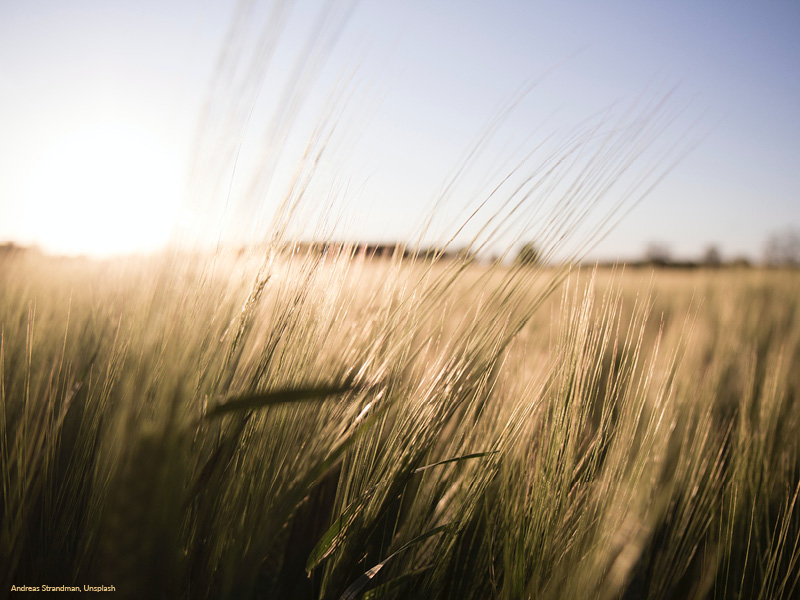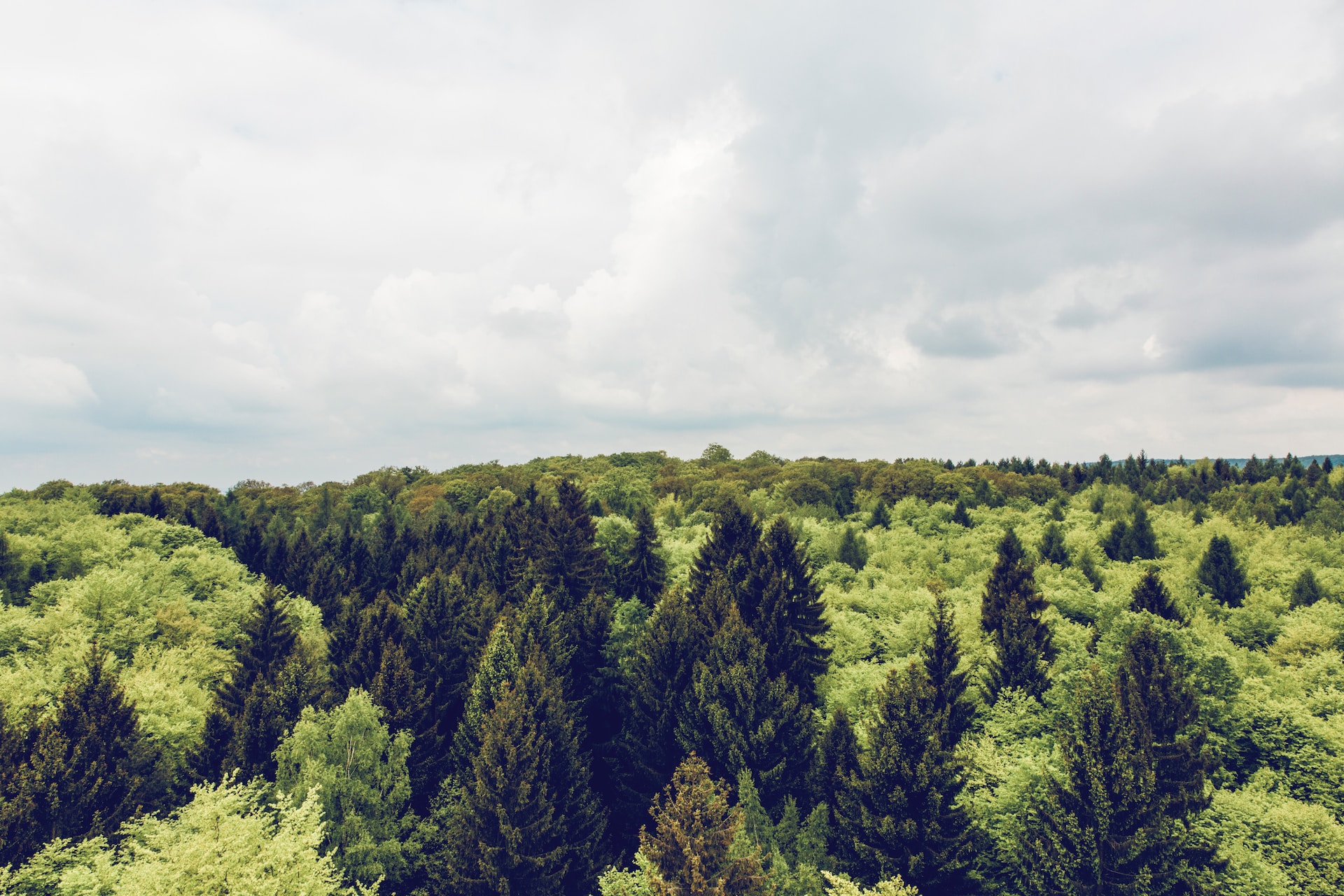Novel energy and resource-efficient value chains through co-combustion of straw fuels and sludge

Sweden has an untapped potential of straw fuels of 20 TWh on unused arable land of approximately 700 000 ha and further 4 TWh in the form of unused straw. The operational challenges of straw fuels can be solved in co-combustion with sludge, there is thus an opportunity to combine agricultural residual streams with sustainable food production and bioenergy.
The project develops new actor constellations in the form of intra- and intersectional collaborations in order to enable sustainable value chains for the co-combustion of straw fuels and sludge, attractive value chains that are energy and resource efficient, and can be used both nationally and globally. The project develops new technical process solutions required for the value chain, for example in terms of fuel quality through co-briquetting and examining quality of the ash produced. Additionally, legal barriers, opportunities and techno-economic and environmental aspects are evaluated to enable the realisation of the value chain.

Marcus Öhman
Luleå University of Technology

marcus.ohman@ltu.se
Project information
Participants
Luleå University of Technology
Glommers miljöenergi
RISE Research lnstitutes of Sweden
Fortum Waste Solutions AB
Skellefteå Kraftaktiebolag
Umeå universitet
Vatten och Avfallskompetens i Norr AB
Schedule
January 2022 - December 2025
Total project cost
6 277 900 SEK
The Swedish Energy Agency's project number
2021-00054
More projects

Forest of all values? – Methods for inventory and valuation of the forest’s various benefits
The forest is expected to deliver in a wide range of ways, from being a renewable resource and creating biodiversity to capturing…
Manager: Maria Iwarsson Wide
Ongoing

Check-in: moisture content – radiowave arrival measurement on roundwood and chip trucks
The moisture content of wood chips and fuel- and pulpwood is important for both logistics and industrial processes. Today’s methods for measuring…
Manager: Kari Hyll
Ongoing

Efficient use of biomass for a robust and climate-friendly energy system
Bioenergy is renewable, can offer flexible power in the electricity system and domestically produced fuels. However, the use of bioenergy risks causing…
Manager: Lina Reichenberg
Ongoing


